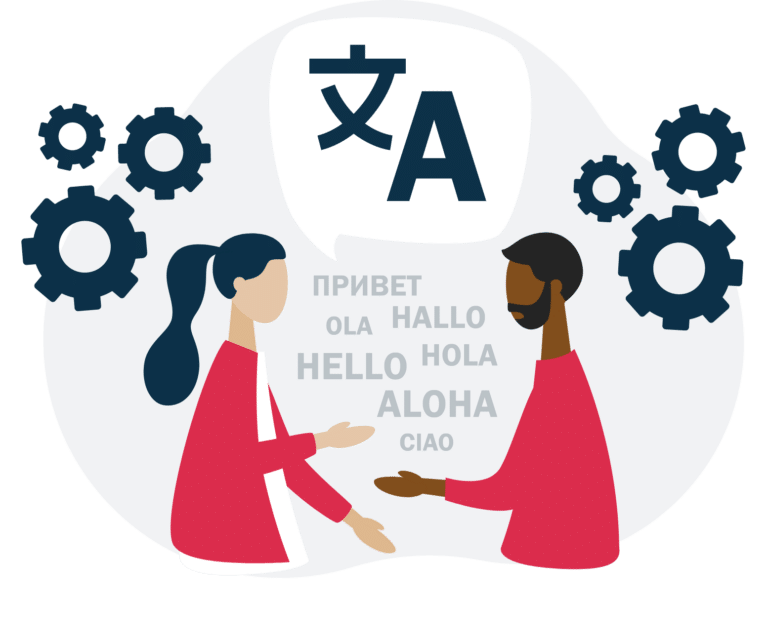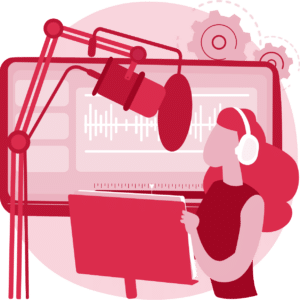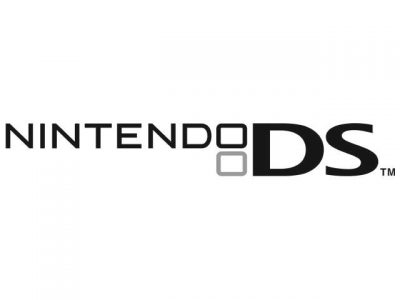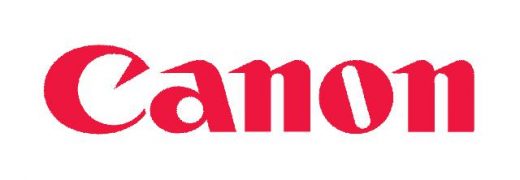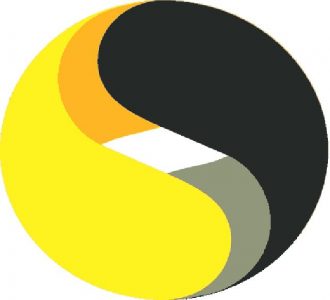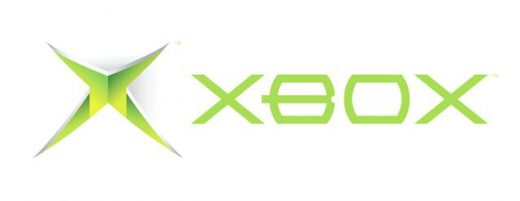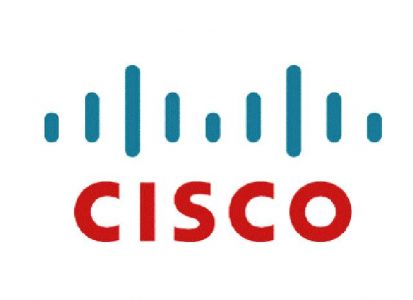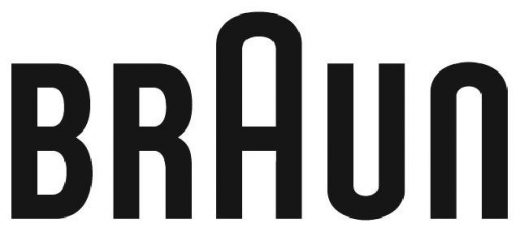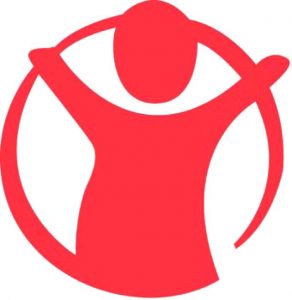Korean Language Services
Order High-Quality Korean Translation Services
- Translation, Transcriptions, Voiceover, Subtitling and more
- Quick Turnaround
- Native Language Experts
GoLocalise takes your Korean content to new places
GoLocalise specialises in professional English to Korean and Korean to English translation. We can also translate Korean to and from over 600 different languages.
GoLocalise is the only translation agency offering translations from Korean to any language in the world.
Korean services you can trust Quality Assured Korean Translations
The most important consideration when selecting a translation agency to handle your Korean translation is trust. Only professional translators whose native language is Korean carry out our English to Korean translations. Here’s why you should choose us:
- Strict Quality Control Process to Ensure Accuracy at Each Stage
- Quick Turnaround Time
- Korean Translation Services in Over 600 Languages
- Value-Based Pricing
- Human Language Experts
Offering High-Quality English to Korean Translation Services
GoLocalise is proud to provide a comprehensive Korean translation service, specialising in audio and video content and tailored to our clients’ needs
Korean to English Translation Services? Yes, We Offer This Too!
We also offer high-quality translation from Korean to English with a quick turnaround. We make sure that all information and nuances are properly communicated.
Thanks to our native English translators who are not only linguists and language enthusiasts, but also carry expertise in specialist subjects such as law, marketing, business, economics, physics, medicine, IT and more.
Comprehensive Audio and Video Korean Translation Services to Overcome Localisation Challenges!
With our expertise in re-versioning audio and video content, we can help you access new markets and promote your content. You will receive a comprehensive, cost-effective, and trouble-free video translation service. We can do everything from transcribing, translating, and voicing a video, to creating Korean subtitles and artistically modifying captions or on-screen text for a foreign language version of your film.
Send Your Project Viral with the Help of the UK’s Leading Korean Subtitling Company.
Subtitles occur on the screen as text in reaction to the characters’ speech or dialogue. They are typically used to transform media into a language that the audience can comprehend. If subtitles are not accurate to the spoken word on screen, the viewers’ understanding of the content can be negatively impacted. Precisely created subtitles, on the other hand, enhance the value of your video content.
That’s why we have professional linguists in place to create subtitles for your film or other video content. Our team consists of both local and foreign resources to ensure that every uttered word in another language is correctly translated.
Get High-Quality Korean Transcription Services for Your Audio and Video Content!
We provide Korean transcription services for your audio and video files. If required, we can also arrange for that French transcription to be translated into over 600 different languages. You can rest assured that your Korean transcriptions are returned on time and with our guarantee of quality.
Offering Korean Voice Over Services Delivered by Professional and Native Voice Artists!
Whether you are looking for a Korean voice over artist for your TV commercial, in-store announcement, animation, or any other form of content, look no further than our native Korean voice over services. We are a reliable voice over agency with professional voice over talents who can perform in a variety of languages and dialects for a range of purposes. No matter how complicated your voice over requirements are, we guarantee you the quickest possible turnaround with top quality. Here are some convincing reasons to choose our Korean voice over services:
- State-of-the-art sound recording studios in London
- Specialising in Korean script translations for TV, mobile, advertising, video games, and more
- Korean voice over artists (actors, radio broadcasters and TV presenters) record in Korean or even English with a Korean accent
We provide Korean audio recording services for the following projects:
- E-learning materials
- Online courses
- Training and educational recordings
- TV/radio commercials and spots
- Podcasts
- Audiobooks
- Narration for films & documentaries narration
- Corporate videos
- Corporate business presentations
- PowerPoint presentations
- Sales videos
- Sports broadcasts
- Telephony (IVR voice prompts/on-hold messages)
- Location sound
- Voice over internet protocol (VoIP) systems
- Airlines, trains, elevators/lifts, ATMs,
- In-store announcements
- Conferences/shows
- Voices for video games
- Characters and cartoons
- Lip-synching and dubbing for films & animation.
Create high impact, first time with GoLocalise as your audio and video translation service provider
- WOW your clients with first-class translations carried out by translation experts in that particular industry sector.
- Stringent quality control processes - subtitling (English) templates created and checked in-house, and timed to professional standards.
- Industry leading subtitling software to create subtitles that are perfectly timed to the exact frame and aesthetically positioned around shot changes.
- Your message faithfully and accurately delivered by experienced native subtitlers only.
- All translations are thoroughly quality checked by our experienced project managers before final delivery.
- You will receive ready-to-use videos with translated burnt-in subtitles - open captions - that are ready to be uploaded to your website. You can customise the style and look of the subtitles (font, size, colour, positioning, etc.).
- If you prefer to give your clients or viewers flexibility, why not go for subtitles that can be switched on and off in multiple languages? You can receive closed captions in the format of your choice – ready to be uploaded to YouTube or Vimeo channels, DVD or Blu-Ray.
- Go the extra mile by localising all your content. On-screen text and captions in your video can be translated and graphically edited, so that you receive a flawless foreign language version.

You deserve the best!
Leave your project to the experts at GoLocalise so that you can relax and be assured of getting top-notch results
Every single detail will be analysed, studied and looked
after so that you do not need to worry. Some would say it’s not too classy to blow our own trumpet… but we just like to point out two very important details. We have achieved ISO 9001 Quality Management certification in recognition of our consistent performance and high standards, and ISO 14001 Environmental Management because we care about our planet! And if you are still curious and want to know more about us, why not have a look at our studio page.
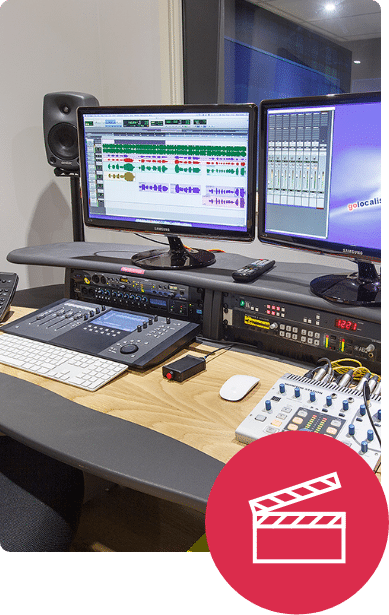
Working alongside translation & production companies
Having a strong audiovisual department on your side makes all the difference!
With GoLocalise you get an experienced and motivated team of professionals that work regularly alongside translation and production companies. We understand the technical requirements necessary to produce perfect foreign language and English voice overs. Our project managers will assist you along the way and we’ll break down the process and present it to you without the big words or technical industry jargon, so you don’t need to worry about the technical aspects and can simply concentrate on growing your business. By working with GoLocalise you’ll be able to offer additional services, i.e., voice over, subtitling and translation to your clients, with a partner who will deliver and on whom you can truly rely.
When working with translation companies we provide easy-to-follow guidelines so that you can provide your own translations for us to “convert” into subtitles, or voice over your translated scripts. Or if you prefer, we can take the entire project off your hands and keep things simple for you – it’ your call! We’re equally used to working with production companies, so we can deliver your translations or subtitles in any language and format of your choice – either burning-in the subtitles onto the video for you, or supplying you with XML or PNG files for you to do yourself – Adobe After Effects and Final Cut Pro ready files.
Reach your target market
Don’t leave your important communication to chance. Make sure your message is clearly understood by your audience and choose GoLocalise for your next voice over project.
We have thousands of passionate and professional voice over artists ready to work with you. No matter the type of voice you are looking for, we’ll either have it in our books or find it and source it for you. We’ll organise a casting and ensure you get the perfect voice to suit your needs.
You will also benefit from having your own dedicated project manager – a single point of contact – to guide you through your project, answer any questions you may have and make things a whole lot easier.
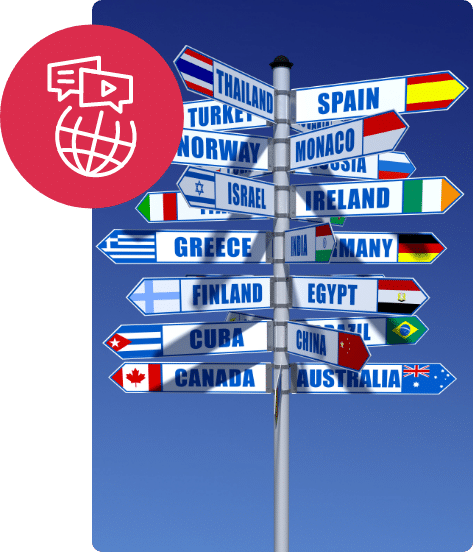

Meet your dedicated project manager
Your project will be in the safe hands of one of our multilingual project managers.
They will guide you through every step and ensure you understand the process. Our industry has a tendency to use lots of technical jargon but your dedicated project manager will be on-hand to untangle the mess and explain all you need to know to ensure you only pay for what you need.
If you need help in choosing the right voice over talent to deliver your message then just ask your project manager. From booking our voice over recording studios to ensuring you project is delivered on time in your chosen media, relax and let your experienced project manager take care of everything. You will receive unparalleled attention to detail and customer focus at competitive prices. You’ll wish everything was as easy as a GoLocalise voice over!
Perfect voice over recording studios
Your recordings will sound beautiful and crystal clear thanks to our high-end studio soundproofing and audio equipment, i.e. ProTools HD and Neumann microphones.
Maximise your budget by reducing the need for retakes with the help of our experienced in-house sound engineers who will professionally capture and edit your audio. And for those recordings in languages which neither you nor your client speak, we’ll bring a qualified pro to your session to add that essential ingredient. To make you feel right at home, we provide high-speed Wi-Fi Internet and air-con is available. And last but not least, we have the biggest cookie jar you’ve ever seen, that’ll make your custom brew taste even sweeter!
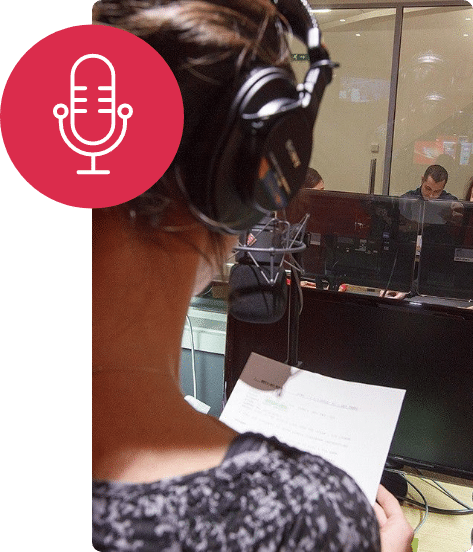
Korean Language Facts
Korean (한국어/조선말) is the official language of Korea, both South and North. It is also one of the two official languages in the Yanbian Korean Autonomous Prefecture in People’s Republic of China. There are about 78 million Korean speakers worldwide. In the 15th century, a national writing system was commissioned by Sejong the Great, the system being currently called Hangul. Prior to the development of Hangul, Koreans had used Hanja and phonetic systems like Hyangchal, Gugyeol and Idu extensively for over a millennium. The genealogical classification of the Korean language is debated by a small number of linguists. Most classify it as a language isolate while a few consider it to be in the Altaic language family. Some believe it to be distantly related to Japanese-Ryukyuan. The Korean language is agglutinative in its morphology and SOV in its syntax. Korean is the official language of South Korea and North Korea. It is also one of the two official languages of the Yanbian Korean Autonomous Prefecture in China. In South Korea, the regulatory body for Korean is the Seoul-based National Institute of the Korean Language, which was created by presidential decree on January 23, 1991. In North Korea, the regulatory body is the Sahoe Kwahagwon Ŏhak Yŏnguso. Similarities to other languages > Korean is similar to the Altaic languages in lacking certain grammatical elements, including articles, fusional morphology and relative pronouns. Since Ramstedt’s 1928 article, some linguists support the hypothesis that Korean can be classified as an Altaic language or as a relative of proto-Altaic. However, linguists agree today that typological resemblances cannot be used to prove genetic relatedness of languages, as these features are typologically connected and easily borrowed. Such factors of typological divergence as Middle Mongolian’s exhibition of gender agreement can be used to argue that a genetic relationship is unlikely. The hypothesis that Korean might be related to Japanese has had some supporters due to some apparent overlap in vocabulary and similar grammatical features that have been elaborated upon by such researchers as Samuel E. Martin and Roy Andrew Miller. Sergei Anatolyevich Starostin (1991) found about 25% of potential cognates in the Japanese–Korean 100-word Swadesh list, which—if valid—would place these two languages closer together than other possible members of the Altaic family. In Korea, Korean ethnic nationalism and anti-Japanese sentiment has led to widespread dismissal of the idea of Japanese-Korean linguistic connection. A popular myth among Koreans that they are descended from “horse-riding peoples of Central Asia such as the Mongols” has led Korean scholars to continue propagating the Altaic hypothesis, with many western scholars taking a more nuanced view. However, competing theories of the genetic provenance of Korean are less well evidenced. Some linguists, most notably Alexander Vovin, have argued that the indicated similarities between Japanese and Korean are not due to any genetic relationship, but rather to a sprachbund effect and heavy borrowing, especially from ancient Korean into Western Old Japanese. Dialects > Korean has numerous small local dialects. The standard language (pyojuneo or pyojunmal) of both South Korea and North Korea is based on the dialect of the area around Seoul, though the northern standard has been influenced by the dialect of P’yŏngyang. All dialects of Korean are similar to each other and at least partially mutually intelligible, though the dialect of Jeju Island is divergent enough to be sometimes classified as a separate language. One of the more salient differences between dialects is the use of tone: speakers of Seoul dialect make use of vowel length, whereas speakers of the Gyeongsang dialect maintain the pitch accent of Middle Korean. Some dialects are conservative, maintaining Middle Korean sounds (such as z, β, ə) which have been lost from the standard language, whereas others are highly innovative. There are few clear boundaries between Korean dialects, and they are typically partially grouped according to the regions of Korea. Writing system > Formerly, the languages of the Korean peninsula were written using hanja, called hyangchal or idu: the use of Chinese characters either as rebuses to stand for Korean words, or as synonyms for those words. Writing was confined to the ruling elite, who most often wrote only in Classical Chinese. Sejong the Great promulgated the Korean alphabet in 1446. Korean is now written almost exclusively in hangul. While South Korean schools still teach 1,800 hanja, North Korea abolished hanja decades ago.
Watch this video to find out more
Frequently Asked Questions
What our happy customers say
Adam Ruddick
Head of Production at Casual Films
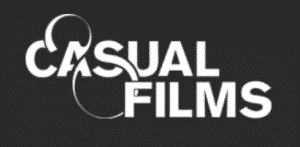
Nicola
English UK Voice Over Talent
Lucas Cole
Sales and Marketing Director at Epipheo
Philippa Strandberg-Long
Deputy Course Leader - Acting, Italia Conti
Patricia Leon-Fedorko
Account Specialist at Advanced Language
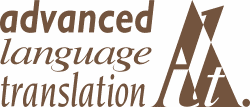
Stefanie Smith
Producer at Education First
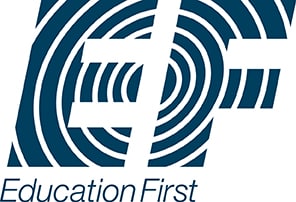
The Complete Solution To Adapt Your Content
Looking to get your entire project under one roof? Look no further, we can help you make life easier for you!
- Neumann Microphones
- On-hand Sound Engineers
- Talented Voice Over Actors
- State-of-the-art Recording Studios
- Tailored to Your Business
- Stringent Quality Control Process
- Laser-Focused Project Managers
- Global Network of 600+ Languages

- Professional Subtitlers
- Open/Closed Captions & Web
- Industry-Standard Software
- Subtitle Burn-in & Graphic Editing

- Improve accessibility
- Reach a wider audience
- Increased SEO and video views
- Maximise your video's engagement
